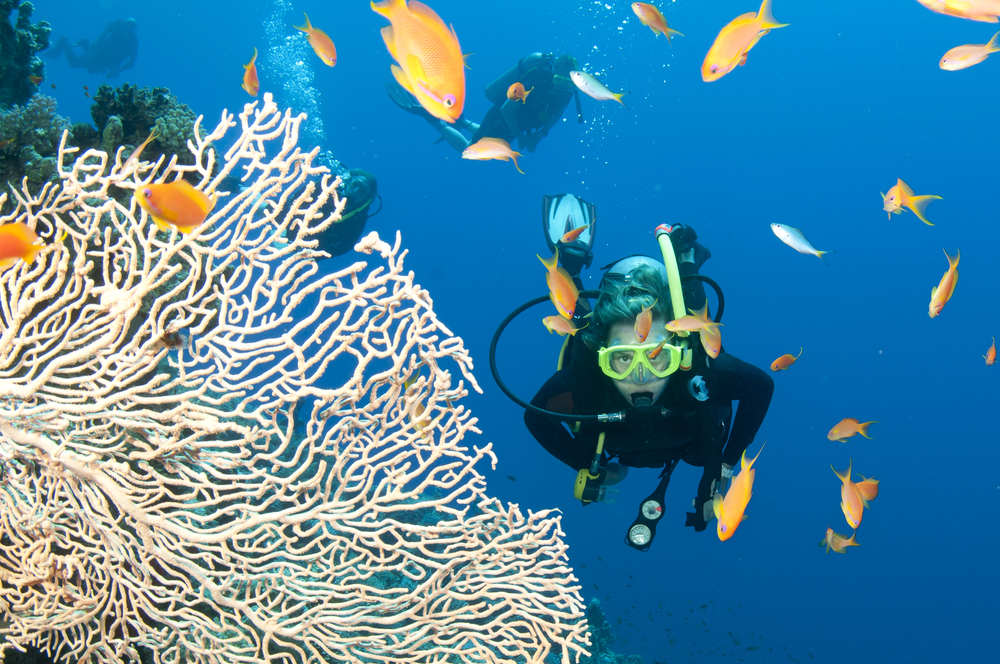
All mentions of Australia have been ripped out of a major UN report on climate change because of pressure from the Australian government, terrified about the potential impact such news might have on tourism, The Guardian has today revealed.
The report, entitled World Heritage and Tourism in a Changing Climate, came out on Friday and was jointly published by Unesco, the United Nations environment program, and the Union of Concerned Scientists.
Originally an entire chapter of the report was dedicated to the devastating affect a combination of global warming and natural weather phenomena have had on the Great Barrier Reef—93% of which was recently shown to be afflicted with coral bleaching, with half of the most pristine sections of the reef under imminent threat of death—but this was torn from the final version after the Australian authorities objected.
Other sections of the report relating to World Heritage-listed sites Downunder, such as Kakadu and the forests of Tasmania, were also removed. It’s a move that Will Steffen, climate change expert and researcher at the Australian National University in Canberra, has compared to a tactic employed by the ‘old Soviet Union’.
Now, Australia is the only populated country in the world not mentioned in the report, despite being one of the planet’s biggest polluters (per capita) and having natural features such as the reef that act like litmus paper for highlighting the damage human-driven climate change is wreaking.
‘I’ve spent a lot of my career working internationally,’ a clearly shocked Steffen told The Guardian. ‘And it’s very rare that I would see something like this happening. Perhaps in the old Soviet Union…where governments would quash information because they didn’t like it. But not in western democracies.’
The paper has published details of the redacted chapter of the report, the one the government did not want the world to see, but what isn’t clear is how Australia was able to exert such pressure on the United Nations.
Adventurer and digital journalist Ben Southall—who became the honorary Caretaker of the Great Barrier Reef and its Islands after winning the Best Job in the World campaign in 2009, and who has since been the face of numerous tourism campaigns, was appalled at the decision to smother news of the damage being done to the reef.
‘Organisations such as GBRMPA have been formed to help preserve and protect the reef and, whilst they facilitate incredible projects on the ground (and in the water) with communities, catchments and coastal development, the decisions the state and federal governments have made with regards to mining, port development and the utter denial of the decisions and recommendations made by UNESCO shows a total disregard for the future of the Great Barrier Reef,’ he told Love Nature.
‘Removing or blanketing the policies that have been put in place for its protection simply consigns the reef to an early grave with potentially devastating effects for the tourism industry in Queensland and Australia.’
This latest news comes a year after the Australian government successfully lobbied Unesco to not list the Great Barrier Reef in its list of World Heritage Sites in Danger.
Heritage sites that the UN has managed to list as endangered without their governments flexing sinister muscles include Stonehenge, the Galápagos islands, the Statue of Liberty, Easter Island and Venice—all of which are identified as being at severe and impending risk from rising sea levels and worsening extreme weather conditions as a result of climate change.
